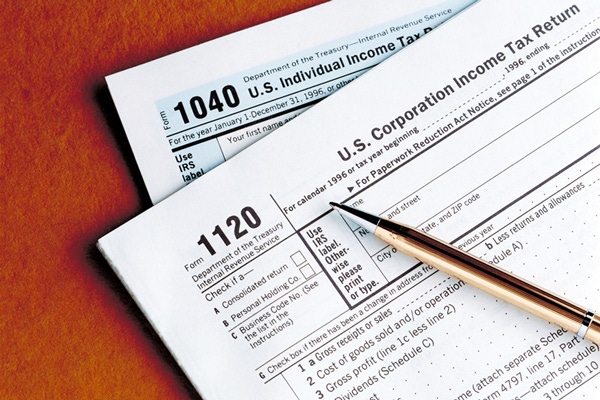
All across the Southwest, and as far north as the Midwest, many ranchers were forced to cull herds and sell off animals last year in direct response to a drought crisis that caused the decline of forage and forced feed prices up in what could have become a financial disaster for beef producers.
But if you culled your herd at weaning instead of carrying cattle through the winter, the income from the animal sale probably raised your overall income numbers for 2012, and that could cause a tax burden come April 15.
Tax experts who work with farmers say they should be able to avoid a tax nightmare this year by taking advantage of income deferment and averaging provisions allowed by the tax code.
"Federal income tax law may allow farmers affected by weather-related conditions to defer reporting of this income, in some cases, to even out incomes and avoid potentially higher taxes," said Michael Langemeier, who is associate director for Purdue's Center for Commercial Agriculture. "Farm income averaging, which was enacted after the weather-related provisions, is another alternative that could result in lower income taxes for producers in some situations.”
Langemeier, along with George Patrick, also from Purdue’s Department of Agricultural Economics, authored a report on farm income deferment and averaging to aid producers who find themselves facing higher taxes this year as a result of unexpected drought sell-offs. According to that report, two provisions in the tax law attempt to cushion producers from the consequences of the weather-related sales of livestock. Livestock held for draft, breeding or dairy purposes and sold because of weather-related conditions are provided a two-year reinvestment period under the first provision. The replacement period can be extended if drought conditions persist.
The second provision, which applies to all livestock, allows cash basis taxpayers whose primary trade or business is farming a deferral of receipts from sales in excess of normal business practice because of weather-related conditions resulting in a disaster area declaration. With or without a declaration, however, at least one of the two provisions would apply.
Patrick, who specializes in farm tax management, says producers forced to sell draft, breeding or dairy animals because of weather have a two-year reinvestment period. That means producers don't need to report the income if it is used to buy qualified replacement animals within two years of the end of the tax year in which animals were sold.
Although declaration of the area as a disaster area is not necessary, a producer must be able to show that weather-related conditions forced the sale of more livestock than would normally be sold. For example, a beef producer who normally sells five cows per year may sell 20 cows in 2012 because of limited forage and feed supplies. Patrick says gains from the sale of the extra 15 cows would not be reported as income if the producer purchased at least 15 replacement animals before the end of 2014.
According to Langemeier and Patrick, more in-depth information about farm income tax management is available in the Internal Revenue Service publication, "The Farmer's Tax Guide," found at http://www.irs.gov by searching "Publication 225" in the publication search menu.
About the Author(s)
You May Also Like




